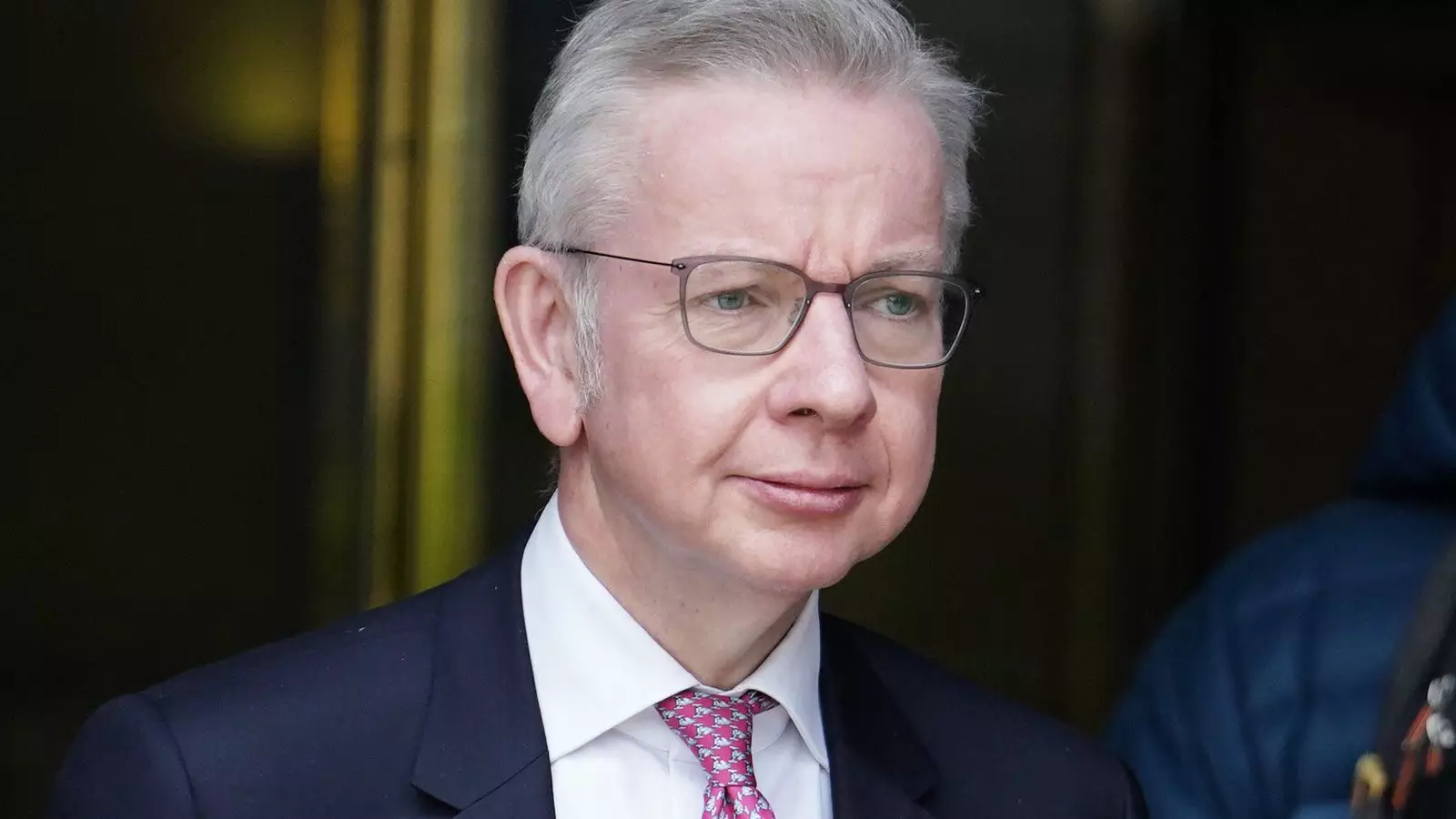The recent announcement by Michael Gove in the Commons regarding the re-assessment of certain groups under the government’s new definition of extremism has sparked controversy and pushback from the groups in question. Two far-right organizations and three Islamist groups were specifically named as causes for concern, leading to potential restrictions on their activities and funding. However, the response from these groups has been defiant, with some even seeing this move as a way to strengthen their organization.
One of the organizations named, CAGE International, expressed confidence that the new assessment would actually unite and empower their members. Despite the threat of being banned from receiving public money and meeting with officials, CAGE remains undeterred. In fact, their spokesperson, Cerie Bullivant, implied that Michael Gove’s actions might inadvertently result in increased support and donations for their cause.
Defiance and Resilience
Similarly, the Muslim Association of Britain, another group mentioned in Gove’s speech, dismissed the potential funding threat, emphasizing their independence from government funding. Yasmine Adam, a spokesperson for the organization, asserted that they would not alter their mission or activities in response to the government’s actions. Instead, she suggested that this challenge would only motivate them further to continue advocating for their beliefs.
Both CAGE and the Muslim Association of Britain have received expressions of solidarity and support from other activist groups, such as Black Lives Matter and Sisters Uncut. This network of support further reinforces their determination to persevere in the face of government scrutiny and potential restrictions.
Criticism and Legal Challenges
Critics of the government’s approach, including the groups targeted by Gove’s announcement, have raised concerns about the use of parliamentary privilege to name and potentially defame organizations without providing concrete evidence. Yasmine Adam of the Muslim Association of Britain called for transparency and accountability, challenging Gove to substantiate his claims outside of parliamentary protection.
As the government prepares to publish a list of groups officially categorized as extremist under the new definition, the debate surrounding the implications of this classification continues to escalate. The definition of extremism is now framed in terms of promoting violence, hatred, or intolerance that undermines democratic values and rights. This expanded definition marks a significant shift from the previous understanding of extremism as solely opposition to fundamental British values.
The government’s new definition of extremism has ignited a complex and contentious dialogue regarding the boundaries of free speech, activism, and government oversight. While some groups view this as an opportunity for solidarity and resilience, others see it as a threat to their autonomy and advocacy. The outcomes of this re-assessment process and its implications for civil society remain uncertain, as various stakeholders navigate the shifting landscape of extremism and political discourse.

Leave a Reply